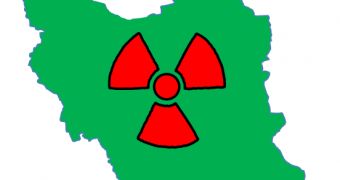Iran’s telecommunications minister has revealed the country’s plans to disconnect sensitive systems from public Internet. The measure should protect critical infrastructures from cyberattacks.
Iran has been often targeted by powerful pieces of malware such as Stuxnet and Flame and in the past few years they’ve been focusing their efforts on securing their systems as best as possible.
It started with the development of their own antivirus and it now continues with the creation of an intranet system that’s scheduled to be ready in the next 18 months, The Telegraph reports.
The first step, announced at a conference at Tehran’s Amir Kabir University by Reza Taghipour, is to take several state-owned networks offline. The government believes that a couple of hostile countries control the world wide web and by implementing this measure they could be prevented from stealing “sensitive intelligence.”
However, experts doubt that the concept of a domestic intranet is effective. They also doubt that Iran can properly implement such an infrastructure.
“In terms of cyber security, Iran is one of the most backward countries I know. Because of the dis-functionality of the government, I don't think they will be able to implement it properly,” Iranian security researcher Nima Rashedan said.
Stuxnet – the Trojan that disrupted Iran’s nuclear program a few years ago – and the recently discovered Flame are believed to be the work of the United States and possibly Israel. Most likely, these are the countries the Iranian minister is referring to as the ones in control of the Internet.
On the other hand, many claim that this is just another part of the plan to keep out negative influences and to enhance the state's capabilities to monitor all those who oppose the current regime.

 14 DAY TRIAL //
14 DAY TRIAL //